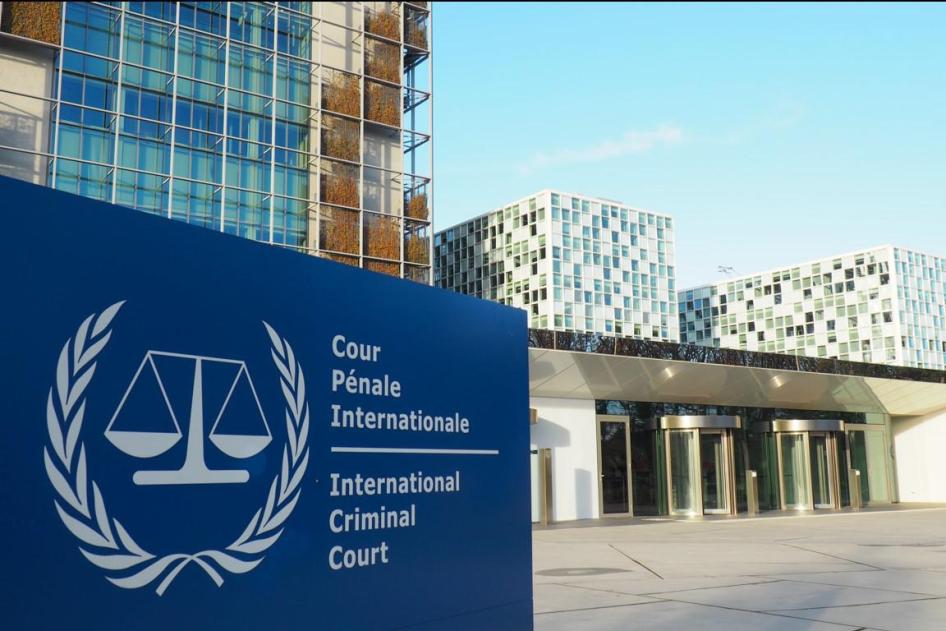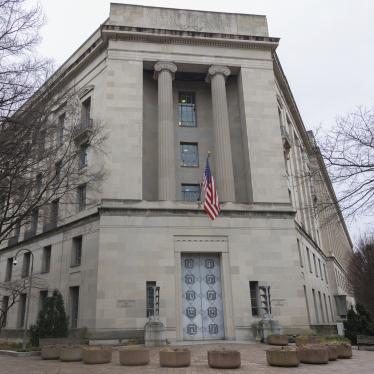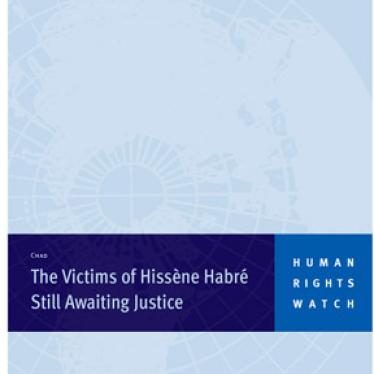The president of the United States, Donald Trump has made the International Criminal Court (ICC) the latest target of his administration’s contempt for the global rule of law. The sanctions and family visa bans he authorised on June 11 for use against ICC officials are tools usually reserved for human rights violators, not those seeking to hold them to account in fair trials.
The Trump administration’s sanctions, threatened since 2018, are aimed at deterring judicial scrutiny of the conduct of US officials in Afghanistan and Israeli officials in Palestine.
In March, ICC judges gave the court’s prosecutor, Fatou Bensouda, permission to open an investigation of grave crimes in Afghanistan, like the Taliban’s deliberate attacks on civilians and torture by Afghan national forces. Afghanistan has since asked Bensouda to hold off, citing its ongoing investigations into serious crimes - although our analysis tells a different story.
Afghanistan is an ICC member country, meaning the ICC has a mandate over crimes committed there, regardless of the nationality of the person responsible for the crime. The court’s prosecutor could also probe those responsible for authorising, or failing to punish, the well-documented torture and other ill-treatment of detainees by US military and CIA personnel in connection with the conflict in Afghanistan. This has provoked the ire of the US, which has long failed to deal meaningfully with a legacy of torture by US personnel in the aftermath of the September 11 attacks.
The US is also seeking to deter an investigation in Palestine. The court’s prosecutor has concluded an investigation there is merited - one that would likely cover unlawful Israeli settlements in the West Bank and alleged war crimes by the Israeli military and Palestinian armed groups during the 2014 hostilities in Gaza. Her office has asked the court’s judges to confirm the scope of the court’s mandate, and a decision is pending.
US action against the court was all the more jarring given that just two days before, a militia leader implicated in rapes and killings in Darfur was finally surrendered to the ICC. After 13 years as a fugitive, he will become the first individual charged with government-backed crimes in the Sudanese region to face any court of law. His surrender is clear evidence of the court’s value as a permanent institution that can take a long view on justice.
Nearly two-thirds of the world’s countries created the ICC in the aftermath of genocides in Rwanda and the former Yugoslavia. They acted in the belief that a permanent court - more than the temporary international tribunals that came earlier to address crimes in individual countries or regions - would help bring an end to impunity for serious crimes. The ICC is the only global, permanent court with a mandate to prosecute those responsible for genocide, war crimes, crimes against humanity, and the crime of aggression. It acts as a backstop and a court of last resort when countries themselves fail to - or cannot - achieve justice for their citizens.
After outright hostility to the ICC in its earliest years under the George W Bush administration, the US abstained from a UN Security Council vote allowing the ICC jurisdiction over crimes in Darfur. This was a turning point in the US relationship with the ICC, gradually giving way to a more supportive approach.
ICC investigations in Afghanistan and Palestine could help check the pervasive impunity that has only fuelled further violence. In the face of this blatant attempt at interference by the US, the ICC prosecutor and judges should guard the court’s independence as a judicial body zealously. At the same time, ICC member countries need to speak out to condemn the latest US moves.
On June 23, 67 of them did together in a joint statement, following key statements from the president of the ICC’s membership body, the Assembly of States Parties, the European Union, and some governments individually. Countries from every region need to make a sustained and public push to support their court and the independent exercise of its crucial judicial mandate.
The stakes could not be higher in today’s difficult international landscape. The ICC’s unique mandate has not been easy to translate into practice. Setbacks in prosecution cases have disappointed expectations and these require improvement. But that the court exists - that it can seek to hold to account at a fair trial those considered to be most responsible for mass atrocities – is, for victims of grave crimes, vulnerable populations and the rule of law globally, an achievement of historic proportions.
Decisive action on justice has been difficult to come by in places like Syria and South Sudan, which, as non-states parties, remain beyond the ICC’s reach. Amid the current fractured global relations, it would be impossible to recreate this court today.
US efforts under George W. Bush to undercut the court failed because committed countries around the world pushed back against the most powerful states shielding themselves. The same resolve by ICC member countries is needed now to protect the global rule of law. Victims, who often expose themselves to further risk by seeking accountability, need to hear that the international community is on the alert and willing to defend their pursuit of justice.








